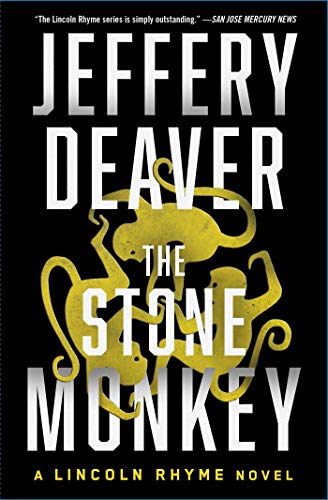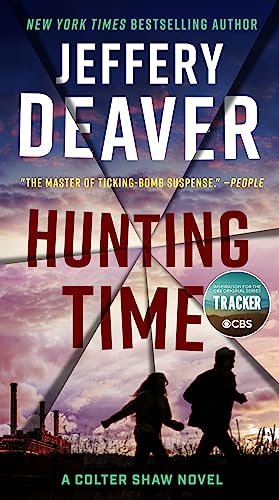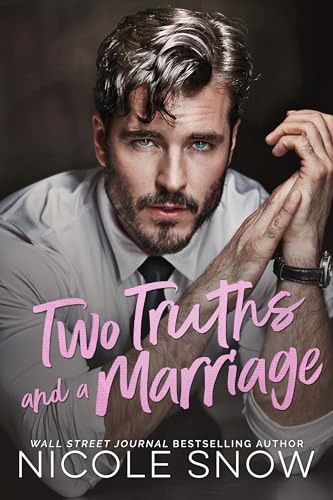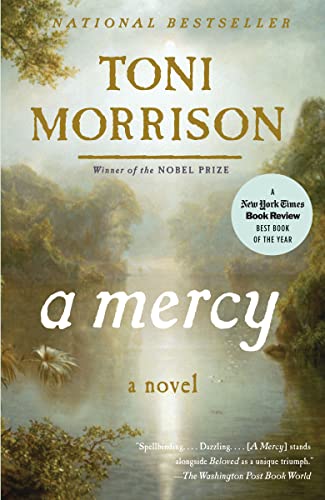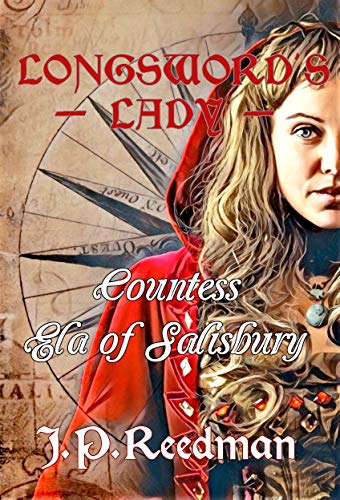From The Guardian: From its interrogation of the ways illness changes and defines us to the tranquility found in nature, Frances Hodgson Burnett’s book is a story for our times… Support our news coverage by subscribing to our Kindle Nation Daily Digest. Joining is free right now!
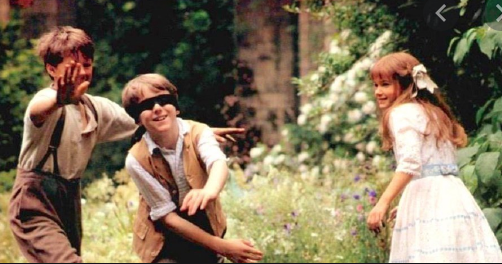
If the last time you encountered Frances Hodgson Burnett’s The Secret Garden was in childhood, you probably think of Mary, a sour little girl, waking up in a house in India to find herself orphaned and alone; a vast wind-buffeted house on the Yorkshire moors, and the sound of crying; a robin, a key, and a hidden garden; the transcendent scene in that garden, one of the most famous in children’s literature, in which Colin, a previously bedridden child, stands and learns to walk. So far, so magical. But rereading the book in adulthood reveals that it is also a story about neglect, remiss parenting and mental illness; a book that, for all its light, is underpinned by darkness. In fact, the novel offers such practical ways of coping, and even of healing that it was once suggested it should be prescribed on the NHS.
When Burnett wrote The Secret Garden – “a sort of children’s Jane Eyre”, as one of her friends described it, a characterisation that has been taken to heart by the latest film adaptation, directed by Marc Munden and starring Colin Firth, Julie Walters and Dixie Egerickx – she was 61, and had been a famous author for more than 40 years. She was so famous that, as her biographer Gretchen Gerzina notes in Frances Hodgson Burnett: The Unpredictable Life of the Author of The Secret Garden, she crossed the Atlantic 33 times and on nearly every arrival was met by reporters. Oscar Wilde (who of course wrote his own story about children and a garden, “The Selfish Giant”) came to see her in Washington, where at one point one of her gloves was auctioned; in London she lived on Park Lane and was friends with Henry James. We do not read them much now, but – apart from Little Lord Fauntleroy (1886) – she was known mainly for her books for adults. The Secret Garden in fact started life, in 1910, as a serial in a grown-up magazine called the American.
Burnett began writing for publication because her family was very poor; her mother could not make ends meet after her husband’s death, and emigrated with her five children from Manchester to Tennessee when Frances was 15. By 18 Frances was the main breadwinner, and remained so for the next 56 years, her 52 books and 13 plays further supporting two husbands (after divorcing Swan Burnett she married Stephen Townsend in 1900), two children, grand houses on both sides of the Atlantic, and a highly developed dress-buying habit. The contrast between rich and poor in, for instance, A Little Princess (1905), is deeply felt; the details that appealed to children were those that Burnett had personally observed.
Read full post on The Guardian

